President Donald Trump stunned the business world with a new $100,000 fee for each fresh H-1B hire — and a chunk of Silicon Valley basically said: sure.
While startups and smaller employers gulped at the price tag, several Big Tech leaders praised the move for bringing predictability to a visa pipeline they rely on. Netflix cofounder Reed Hastings said the policy could add “more certainty” for high-value roles. Nvidia’s Jensen Huang told CNBC he’s glad to see the shift. OpenAI’s Sam Altman called “streamlining” the process and aligning incentives “good.”
Why back a fee that could cost companies billions? For the biggest players, deep pockets make it manageable. And compared with the old system — where highly skilled candidates could live or die by a lottery — some in tech say paying for a clear outcome beats betting on chance.
Trump’s order tacks a $100,000 surcharge onto new H-1B applications, pitched as a way to nudge domestic hiring and curb “abuses.” The H-1B lets US firms bring in specialized talent, and up to 85,000 slots open each fiscal year. Historically, demand far outstrips supply, so companies play the odds.
“Before, the H-1B was just lottery luck — the worst possible way to select,” said Marvin von Hagen, German cofounder of The Interaction Company.
He prefers a more transactional system and thinks the hefty fee will shrink the applicant pool and make outcomes more “straightforward.” He even argues it could be easier than the O-1 visa he’s on now, which took a 600-page file and months of effort.
“Certainty is worth money,” added Ben Nasarin of Tenacity Venture Capital, who called some of the backlash “massively overblown.”
He also said the change could push founders to consider more US hires — though critics warn it could just push more jobs offshore.
Not everyone’s cheering. Smaller companies (and sectors like healthcare) are already freezing hiring while they wait for the fine print. A proposed “weighted selection” that favors higher pay and skill levels would also tilt the field toward deep-pocketed employers.
Even so, immigration lawyers see a few bright spots. Attorney Jason Finkelman said the fee could deter outsourcing shops that churn H-1B applications and prompt more employer training. Attorney Sophie Alcorn noted a potential “national interest” carve-out that might exempt some applicants — and said thinner lottery demand could actually help scrappy startups land a single crucial hire.
“My clients aren’t sponsoring five people,” she said. “They’re trying to get one very specific person through.”
If the frenzy eases, they “might feel more comfortable” jumping in.
This is a brute-force fix: expensive, blunt, and a boon to companies that can swallow the cost. But for tech leaders who’ve watched top talent get bounced by randomness, a guaranteed (if pricey) path beats the dice roll — at least for now.
The original story by for Business Insider.
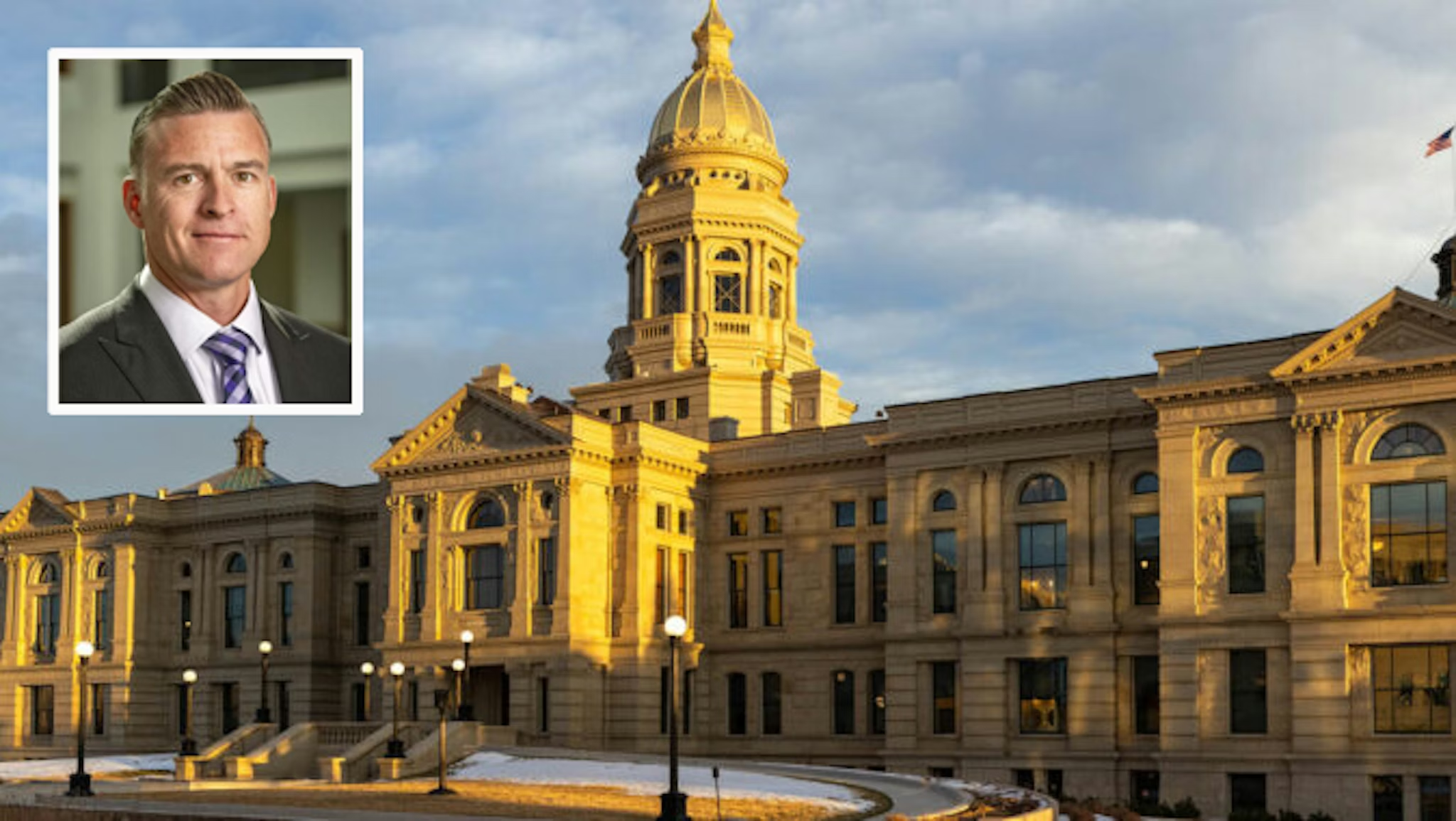
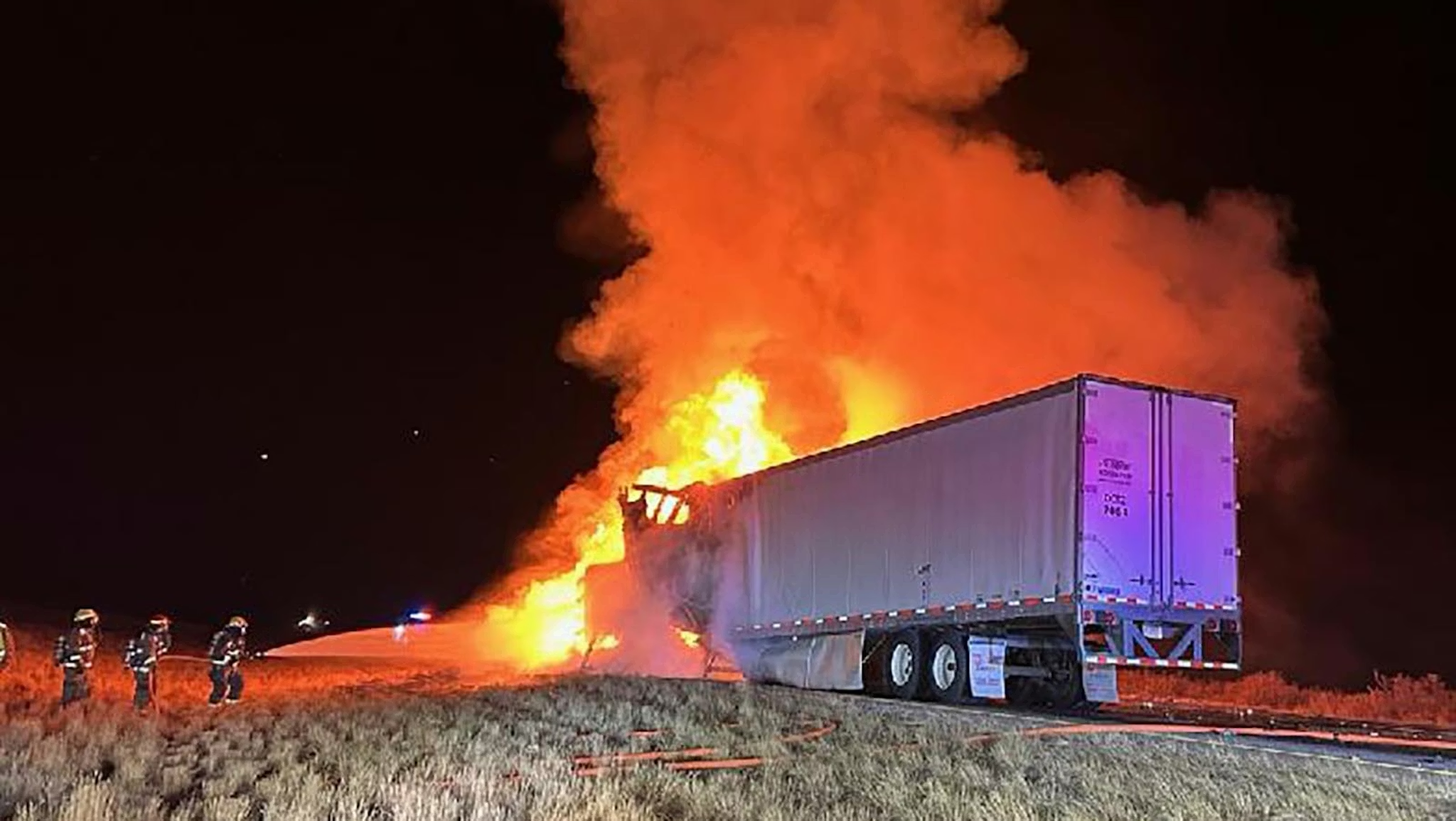
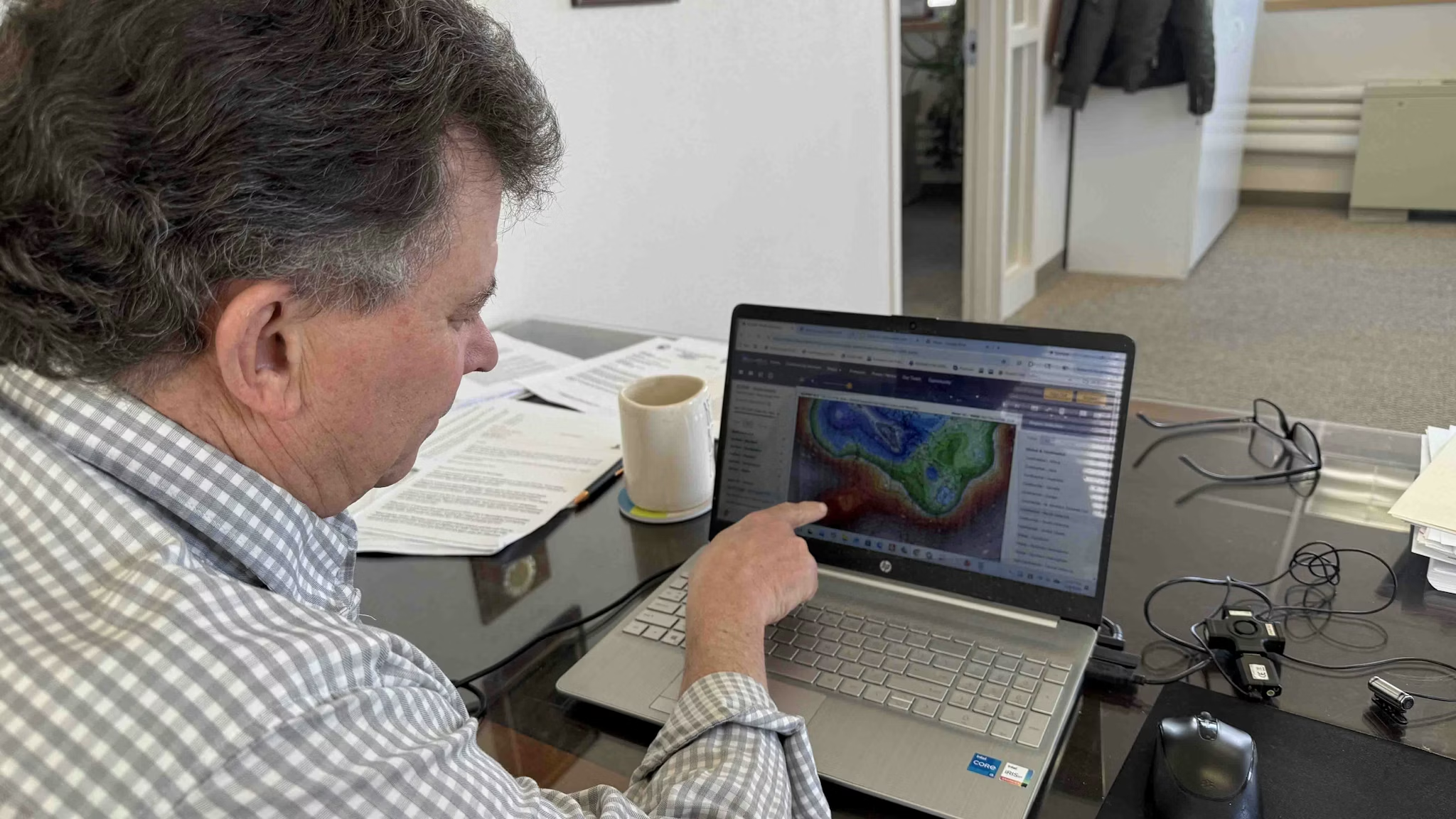
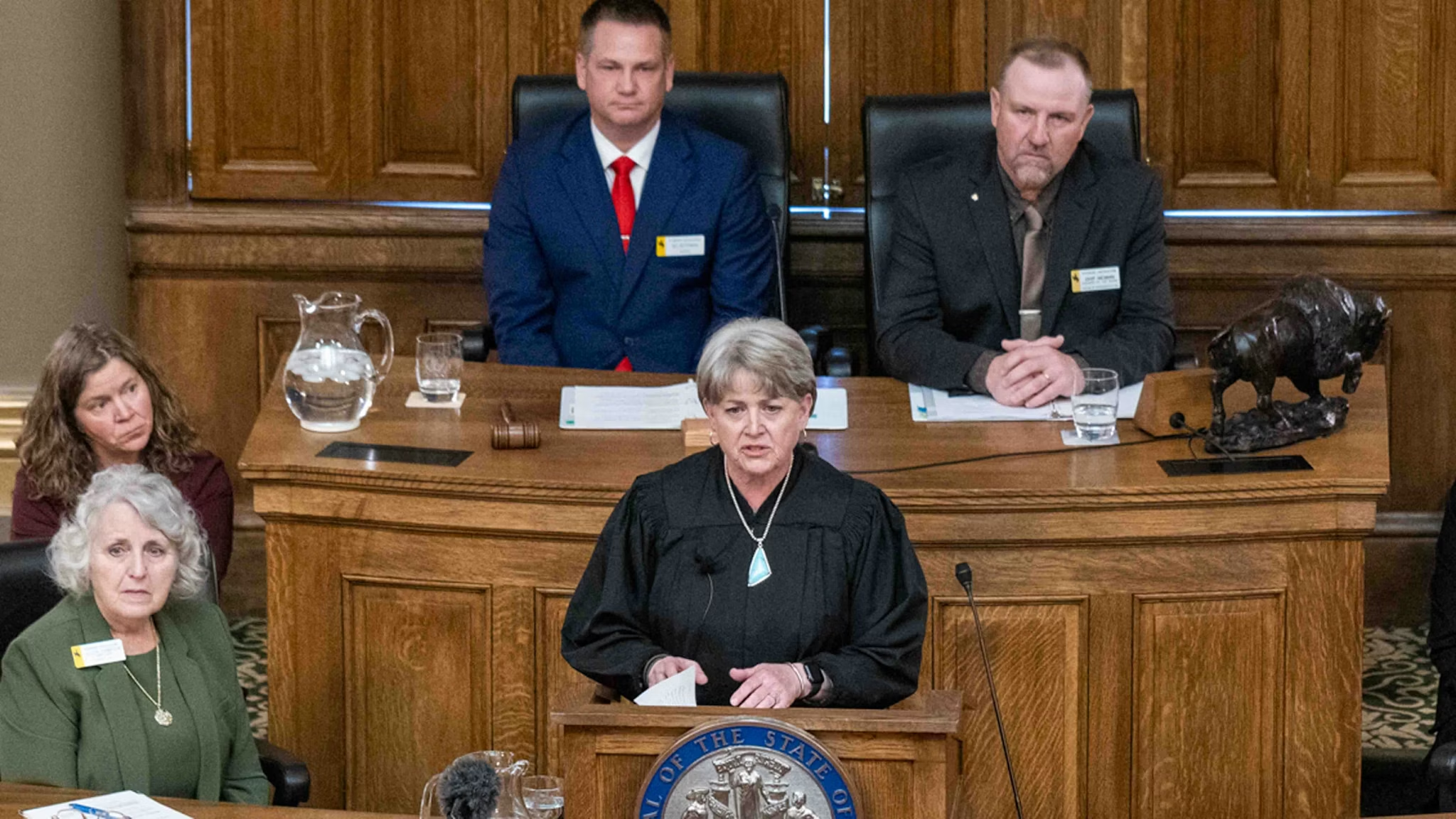
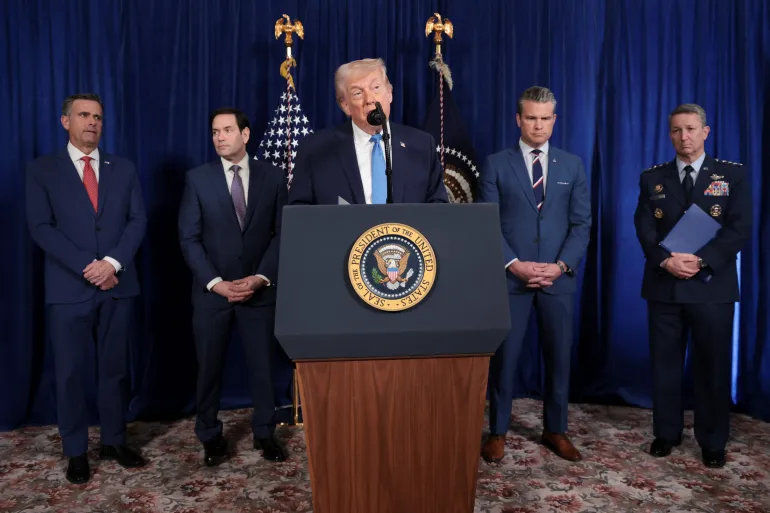
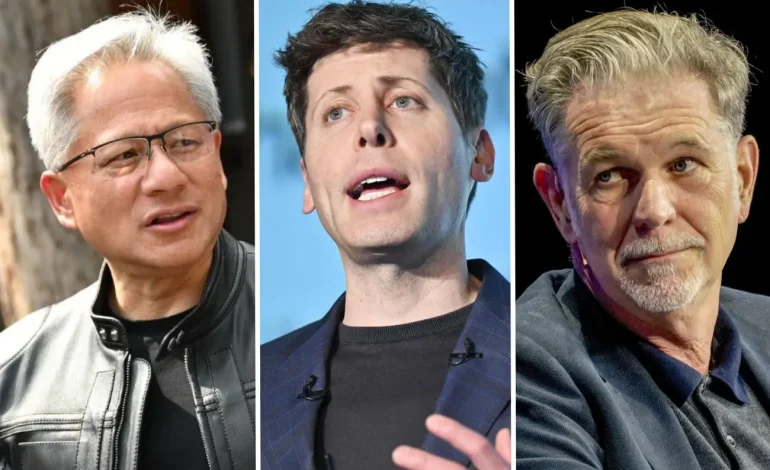




The latest news in your social feeds
Subscribe to our social media platforms to stay tuned